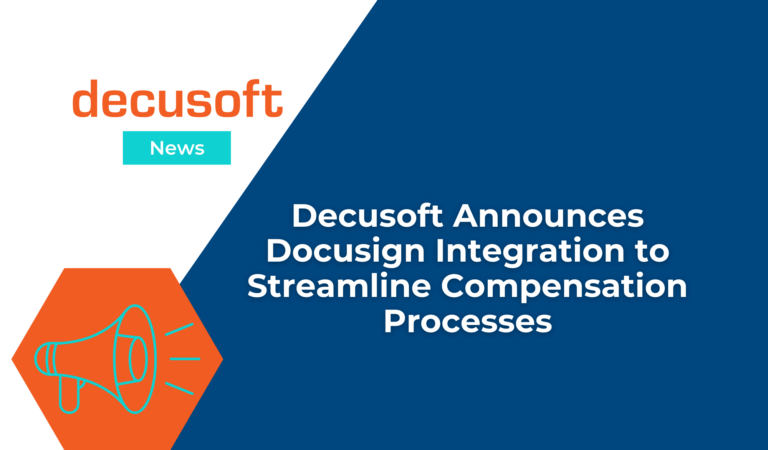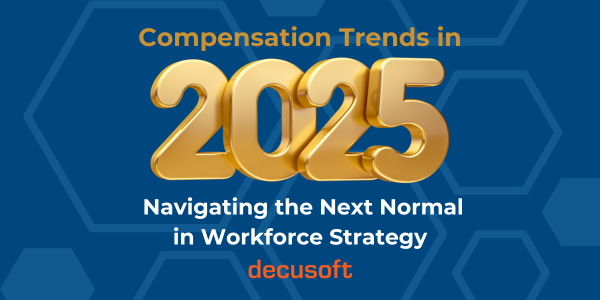As we make our way into the second half of 2022, concern about the current state of the economy continues to grow. Inflation has been no stranger in the U.S. resulting from post-pandemic demand and the war that continues in Ukraine. While Economists predict that inflation is reaching its peak, they expect it to slow down as the Fed tightens monetary policy.
In fear of possible impending recession, and the continued pressures of inflation, employers are put in a difficult place. In recent months, layoffs in the U.S. have been at a record low and job openings at a record high. Employers are called to adjust their compensation planning to ensure they are providing desirable incentives to retain their employees and are able to entice new talent as well.
With the state of the economy and job market, we are seeing more and more employers turning to a personalized approach to compensation. Employers are opting to use a customizable rewards strategy to meet the variable needs of each employee individually, rather than sticking with the dated one-size-fits-all approach. With such variability in your compensation strategy, and especially during a time of economic uncertainty, flexibility and easy to use compensation management software is vital to keeping up with unexpected shifts.
Automated compensation management software allows employers to account for unique rewards plans as well as monitor and analyze their data as it shifts in real-time without the hassle of manually inputting changes. The old spreadsheet system for compensation management lacks security and versatility. Now more than ever it is vital to ensure that your employee’s data is being handled securely and that they are being paid fairly. Here at Decusoft, we provide our clients with flexible and comprehensive compensation management software that allows them to maximize the experience of their employees.
Here are 4 essential qualities to look for in compensation management software amidst these uncertain times
- Agility: A central repository and a fluid process are vital. Managing changes and last-minute updates and constantly re-running data through layers of manual process are not going to scale. If your program is complex and dynamic already, the coming months will amplify that, and if it wasn’t complex before, assume it will be now. With the state of our economy in the next few months still uncertain, it is vital that you approach your compensation program with flexibility and an open mind.
- Security: We know we sound like a broken record, but are you handling sensitive data in a secure manner? With the considerable amount of security dangers that already exist, you need to make sure that you are mitigating every risk that can possibly be avoided. If you are still using spreadsheets and sending files and emails around with information that should be considered highly secure, you are taking a significant risk. Beyond intruder risk, you also need to be conscious of whether change controls are in place to document who did what and when. The need to have auditability is an absolute must and the more you can centralize your compensation data in a single repository versus disparate systems and files, the better off you will be.
- Predictive Analysis/Modeling: As systems get smarter and capture more information, leaders are looking to the compensation function to provide more than just basic analytics. A comp professional needs to be analyzing data year-round and recommending course corrections. For example, if too many market adjustments are happening during the year, identify it early and put greater controls in place. But beyond just policing what managers and HR are doing, the comp team needs to predict what will happen in this uncertain market. Companies are looking to better understand how certain pieces of information like time in position, time with the company, position in range, identifying potential “at risk” employees, performance rating, potential rating, manager, recognition awards affect retention. The loss of talent is a #1 concern in this market and that information can make them more proactive in identifying potential problem areas as opposed to being reactive.
- Pay Equity: This has been an important topic for a couple of years when it comes to predictive analysis and balancing internal equity with external competitions. With the current struggle to attract and retain top talent layered on top, the spotlight is greater on this area. For example, some companies are looking at ways they can analyze offers made to new hires in real time, to identify whether they’re seeing trends of women being offered starting salaries that are less than their male counterparts. Since in many cases, pay inequity stems from what people are offered when they walk in the door, this type of proactive approach will better enable companies to ensure their employees are being paid fairly, ultimately resulting in less turnover and the ability to attract top talent. Along these lines, transparency in earnings is also growing in importance, leading to a large increase in demand for additional reporting functionality and customized total reward statements per employee.
If you think that you are lacking in any of these areas, or would like to hear more about how to be as prepared as possible, we’d be happy to consult with you about how Compose can help you reduce risk, improve data integrity, and help save you time & money managing compensation and analytics processes during this time of economic uncertainty.




